As we all know, the US Health Agency has admitted that as many as 376 kg of Dioxin contained in Agent Orange was sprayed in Vietnam from 1961 to 1971. In addition to destroying the ecological environment, this is also a very toxic substance to human health, causing more than 18 illnesses on American veterans who fought in the Vietnam War. Children of American female veterans coming to Vietnam during the war if found to have one of more than 18 birth defects will be determined as Dioxin contaminated. The first-generation Vietnamese victims of Agent Orange, estimated at 4.8 million, are also affected by Dioxin like US veterans but to a more extent because they were exposed to Agent Orange repeatedly, with extremely high concentrations of approximately 600 times the dose used in agriculture in a very long time while they had poorer health and suffered from miserable life and mal-nutrition. Almost all of the Vietnamese first-generation victims suffer from cancer or serious diseases. Hundreds of thousands of them have died. The surviving victims all become old and have chronic illness. The second-generation victims are abundant. Most of them indirectly exposed to Dioxin through biochemical mechanisms which causes abnormalities on the reproductive health of their fathers and mothers, and especially through breast milk. Due to early exposure, from the womb and in the early years of breastfeeding, they are heavily affected by Dioxin’s consequences. Many families have 2, 3, 4 children affected by Agent Orange, making their situation even more difficult! There are now 3rd, and 4th generations, suffering from many types of birth defects. Today, I won’t talk about the relationship that has been clearly defined between Dioxin and its consequences as well as the mechanism of Dioxin\'s effects on humans. Instead, I would like to discuss the measures for supporting the current Vietnamese victims of Agent Orange. To alleviate the pain that Vietnamese victims of Agent Orange are experiencing, we need:
1. The provision of facilities for healthcare, medical treatment and rehabilitation for the victims, both for the elderly and for the young.
2. Vocational training and job promotion to help young victims to integrate into the community and support themselves, and, if possible, start a family, and live happily like any other ordinary citizen.
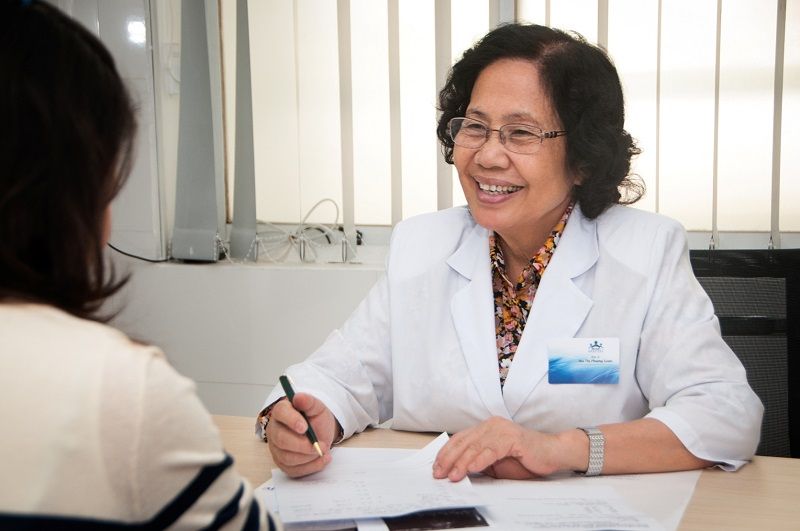 |
| Professor, Doctor Nguyen Thi Ngoc Phuong |
3. Conditions for the health sector from the grassroots level for early detection of cancer and fetal defects to avoid birth defects, deformities which will be a heavy burden for the family and society. More specifically, I would suggest the following:
Firstly: Financial support to build and operate centres for nurturing and caring the lonely victims without caregivers at home. These centres also help victims treating the victims’ diseases, surgery and rehabilitation, and provide appropriate vocational training. We would like to receive support in facilities, training, and technology transfer in rehabilitation not only in terms of movement but also in language and intellect.
Secondly: Provision of ultrasound equipment and basic testing facilities for the former revolutionary bases, also the remote areas and areas inhabited by ethnic minority people for early detection of cancer and fetal defects such as prostate cancer, respiratory cancer, etc.
Thirdly: Provision of means for Dioxin detoxification out of human body.
Fourth: Quick decontamination of Dioxin in the environment. In addition to 3 major hotspots of Da Nang, Bien Hoa and Phu Cat Airports, many smaller airports used during war were also contaminated by Dioxin, with Dioxin concentration levels above 700 ppt, such as A So and A Luoi. People there are advised not to use water from ponds, lakes and wells. To get clean water, they have to travel very along distances because it is difficult for the mountainous areas to bring tap water to villages. We have built a system to carry water from the hanging lake on the mountains for the people, but we cannot cover all! The Vietnam State is focusing on socio-economic development, helping to reduce poverty for the people, basically fulfilling and achieving nearly all of the Millennium Development Goals. However, our country, which is originally an agricultural country, is on the process of industrialisation and trying to catch up with developed countries of the region and the world. Nevertheless, we cannot avoid many objective difficulties, even subjective ones as well. Besides, the number of Vietnamese victims of Agent Orange is too big. Though our State spends many trillions dong each year, it still cannot meet all the most essential requirements of the victims. VAVA and the whole society have joined hands to contribute to providing care for the victims, but it is not enough to support such a large number of victims of the first, second, third and fourth generations and many other generations suffering from the harmful effects of Dioxin.
We propose, and hope that, after this workshop, we will have concrete and effective cooperation measures to help Vietnamese victims of Agent Orange reduce their sufferings which were not caused by them, especially the 2nd- generation victims./.
Professor, Doctor Nguyen Thi Ngoc Phuong, VAVA’s Vice President



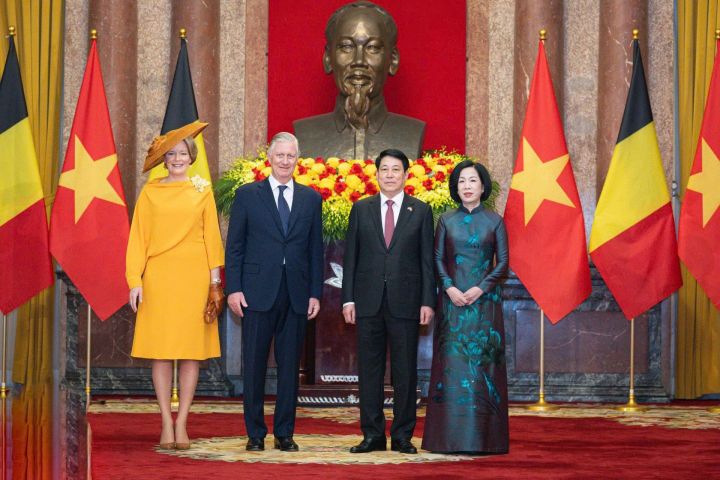
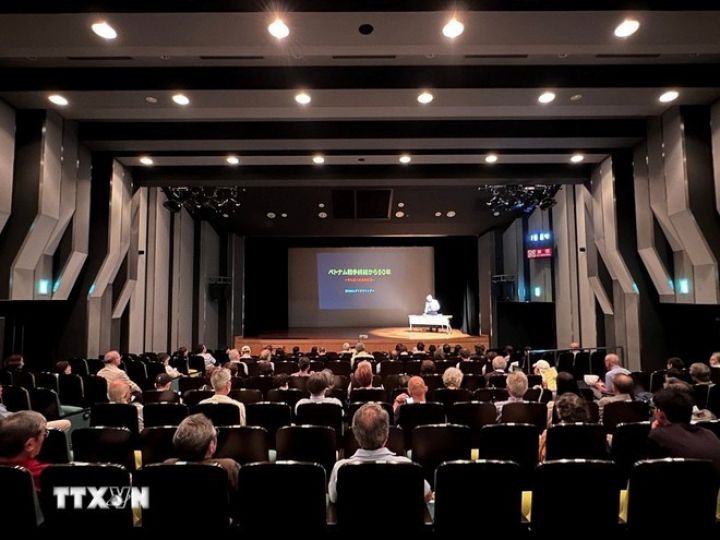

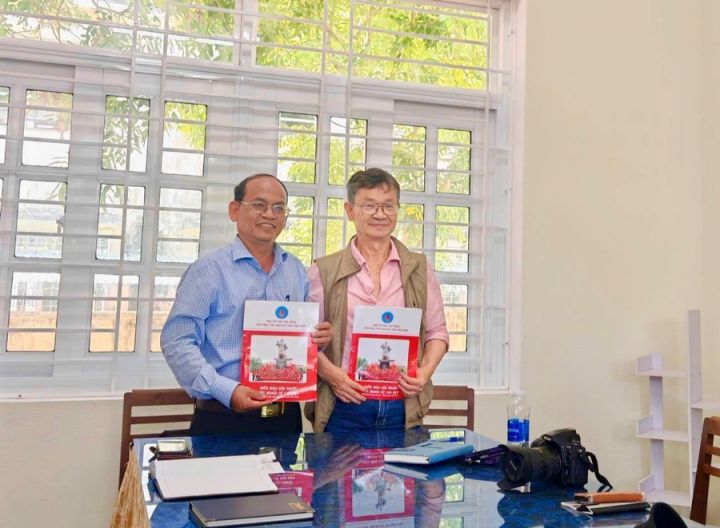
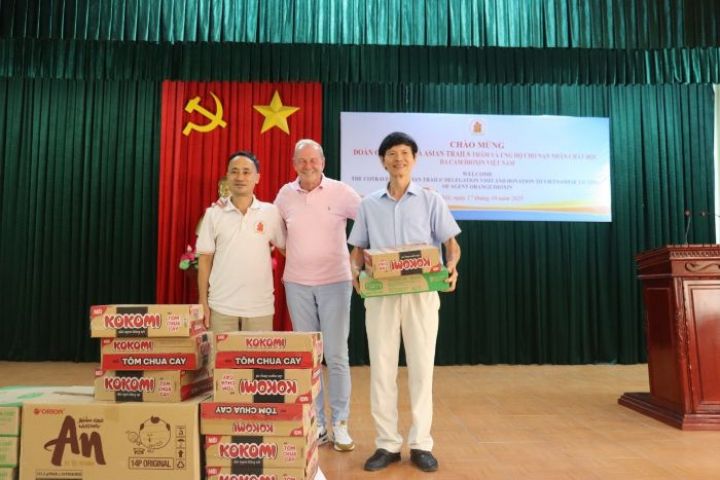
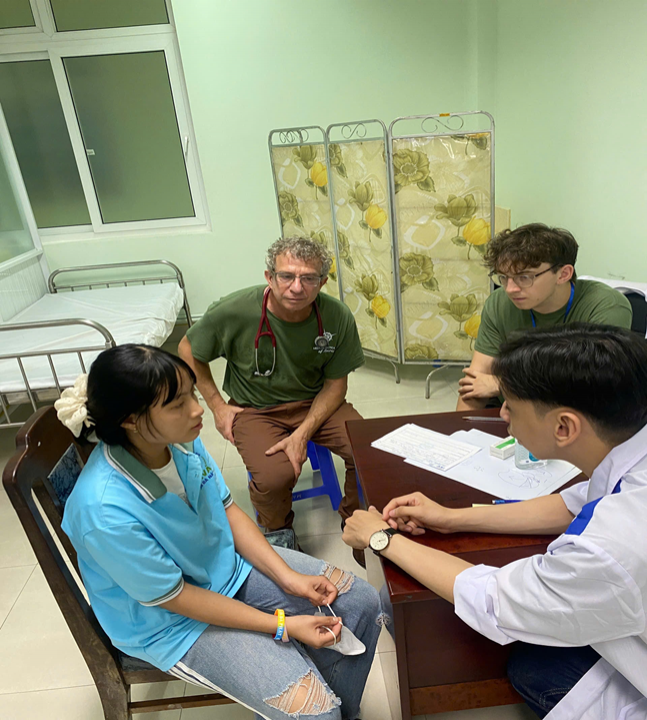











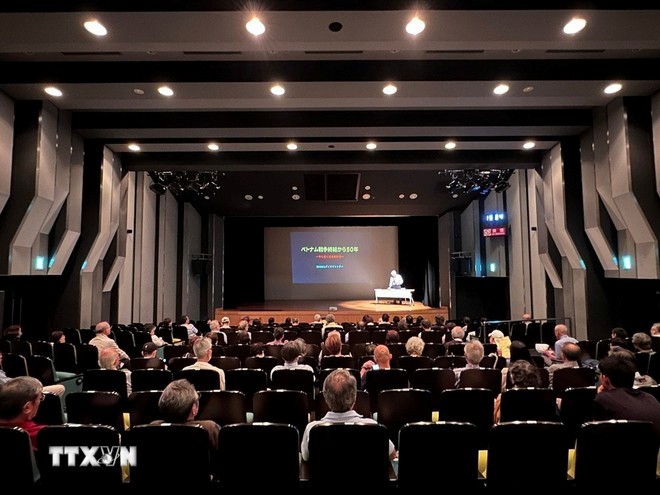
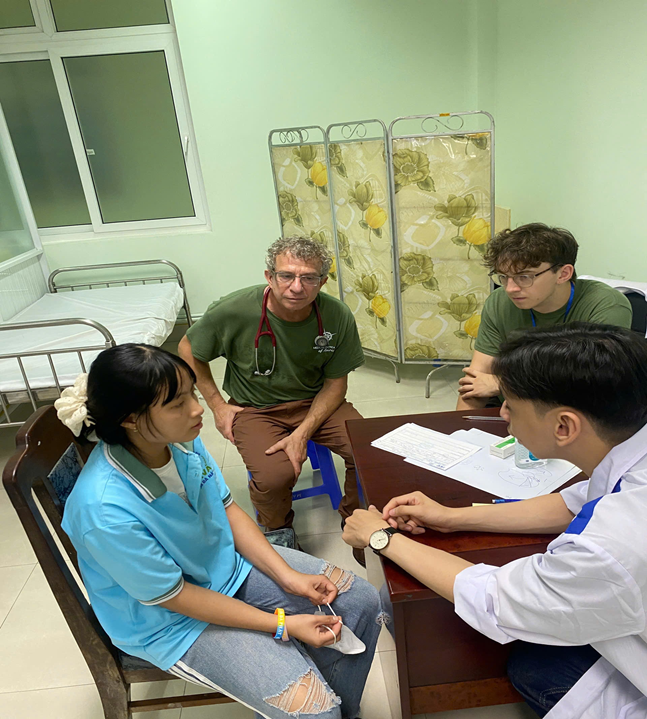
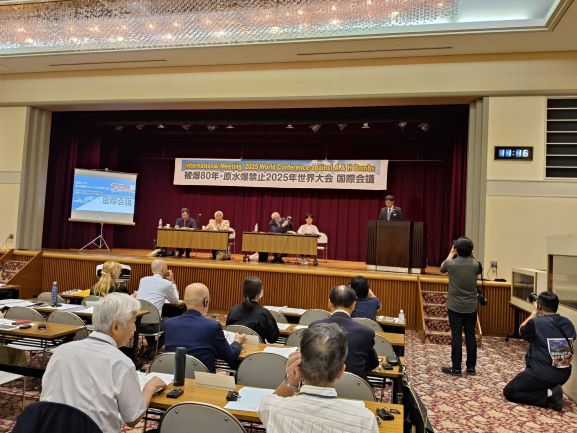
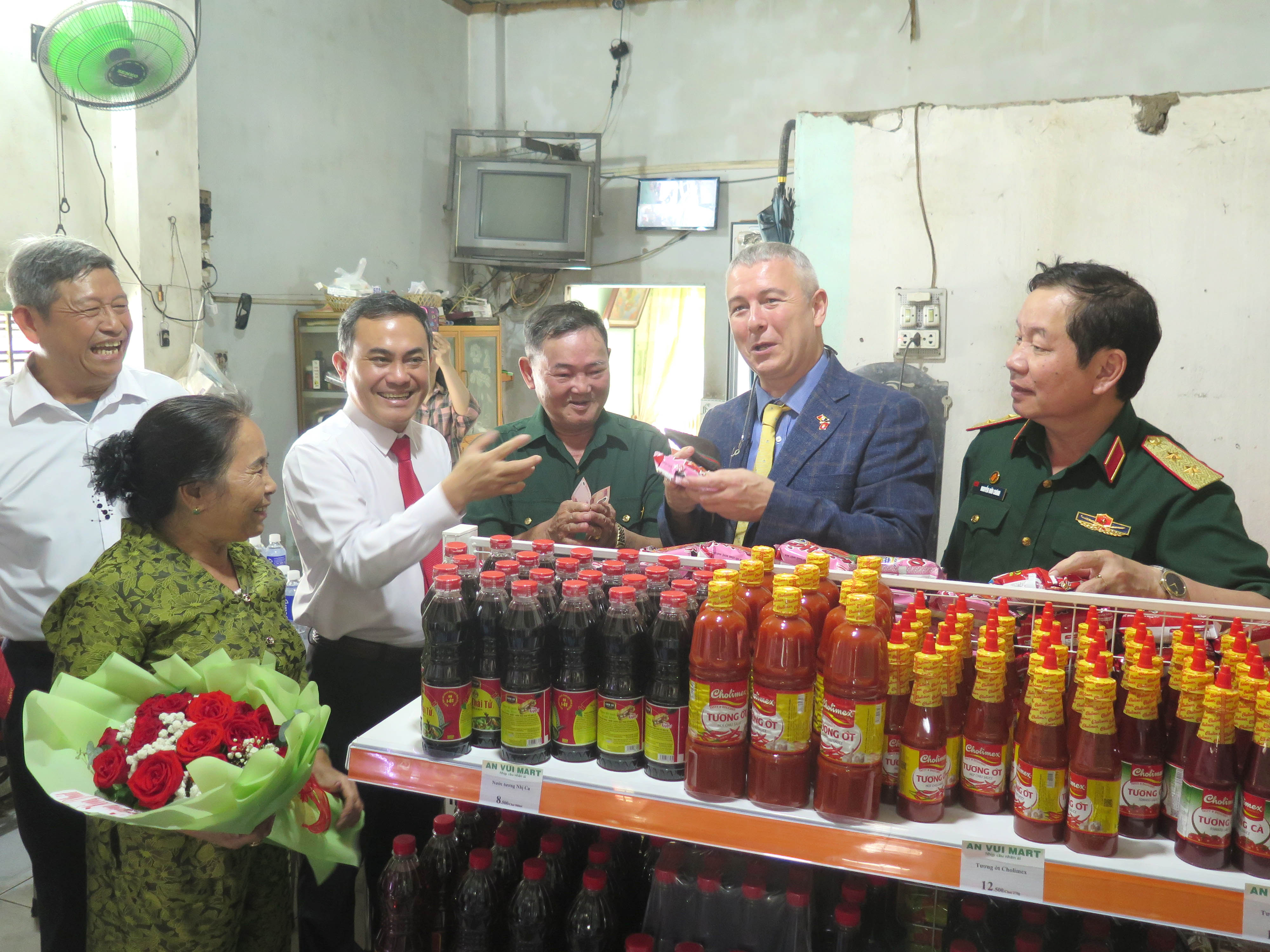
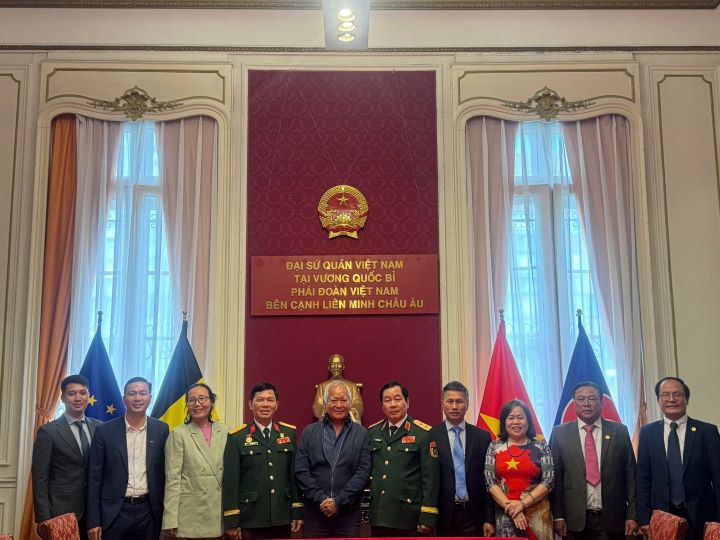
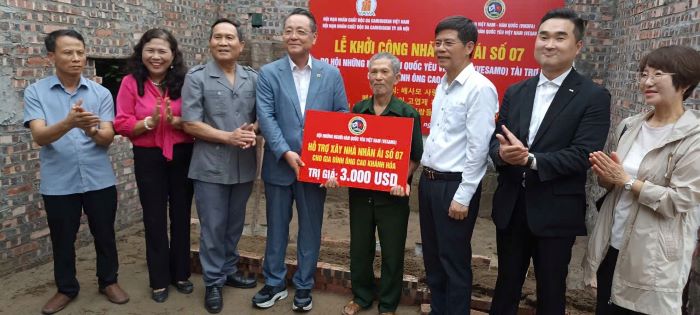


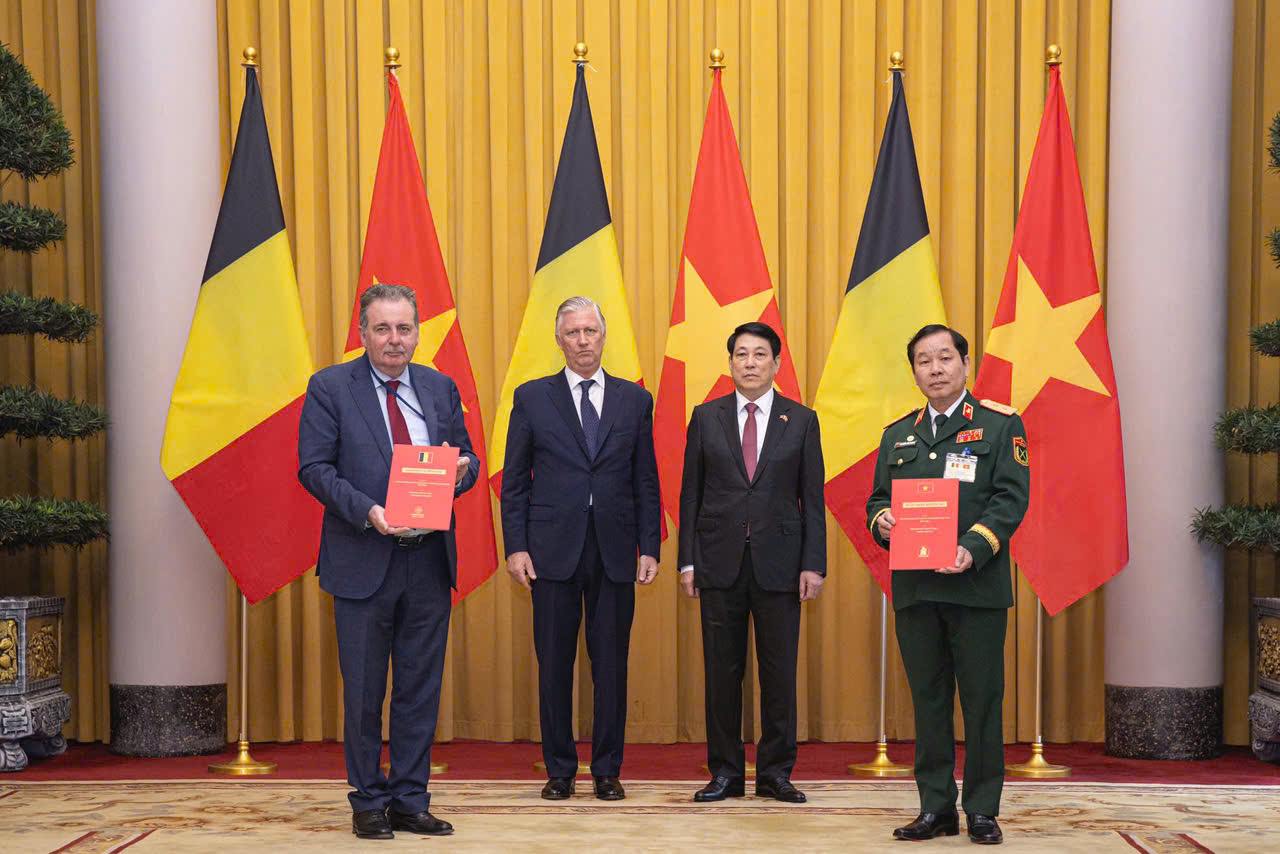

Comment